What’s the first thing you think about when you think of France? Food. Or wine… Or art… But I’m here to focus on food. The French are very particular about a lot of things, and they seriously know what they’re doing when it comes to food.
Now that I’ve successfully survived three weeks of studying abroad in Paris (AKA eating my way through the city), I feel confident in my ability to both debunk myths about French cuisine and tell you the real deal about what’s going on in this food-obsessed country.
1. Le petit déjeuner is not the pastry filled meal you might expect.
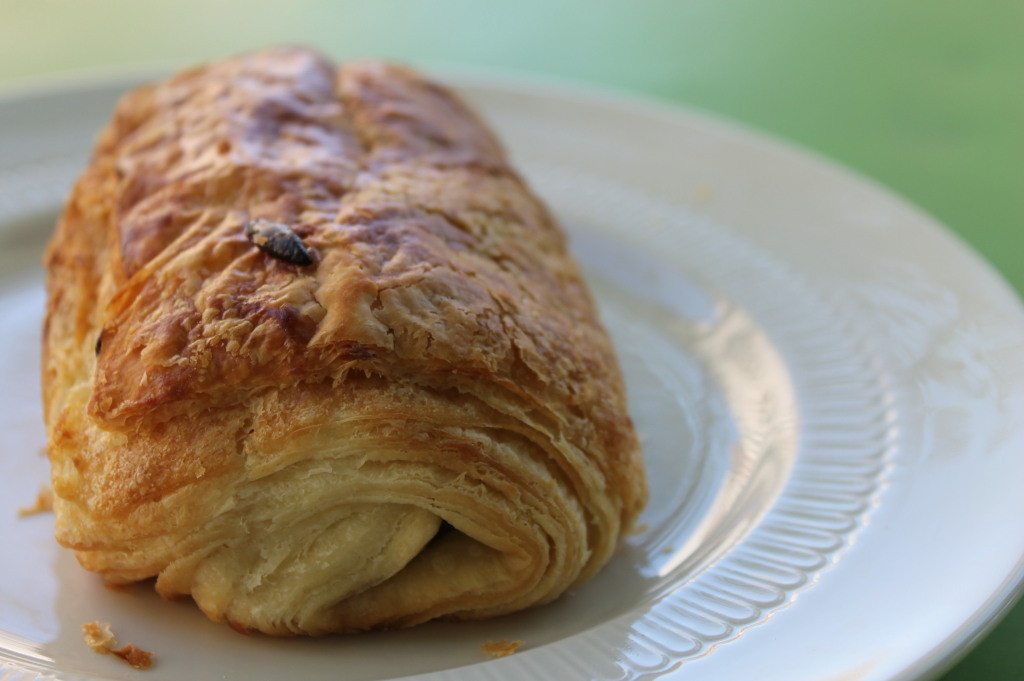
Photo by Emma Ricketson
Yes, croissants and pain au chocolats are abundant in your local boulangerie and yes, some people eat them for breakfast. However, most Parisians barely eat any breakfast, opting instead for a café and a piece of toasted baguette with butter or confiture flavors ranging from raspberry to mirabelle to lime.
2. Butter: France’s favorite word?
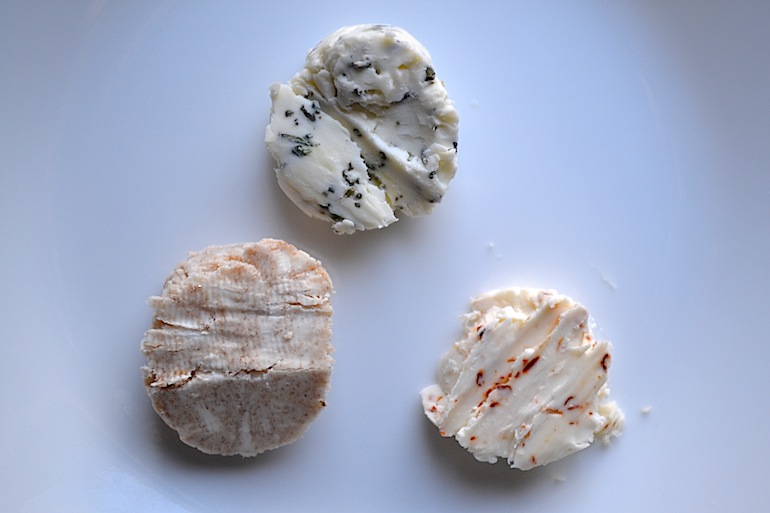
Photo by Amanda Shulman
French food is stereotypically thought to be very heavy, featuring cream and butter in both savory and sweet items. The French do like their butter and a lot of French cooking and baking relies on it. Finding out how much butter goes into a single croissant would likely give you a heart attack. They produce specialized and extensive sweet cream and salted butter, for both eating and cooking, that come from cows with names like Sunshine.
Even though butter is certainly an important aspect of French cuisine, not every dish or meal is featured with butter. For example, while it is ubiquitous in the States to receive butter with bread at a restaurant, the French won’t serve it (and if you ask for it, you immediately prove yourself to be American). Even with the dinners my host family makes, there’s rarely a heavy, butter-laden dinner. My host mother informed me that she doesn’t even like butter. In fact, we rarely eat heavy meals at all. Now you know how the French stay so thin.
3. Parisians walk around with baguettes in their hands.
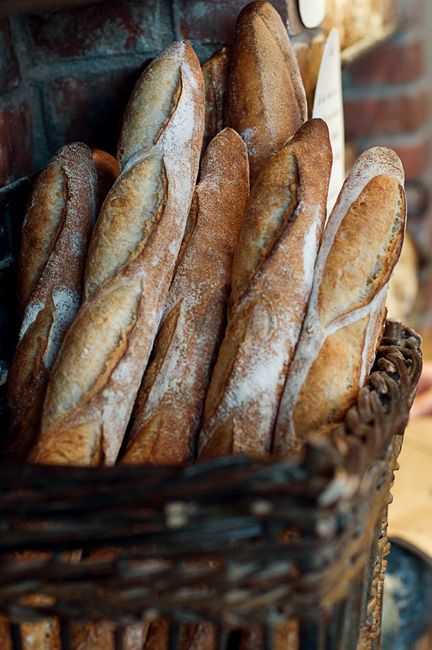
So true and so comical. I love watching Parisians clutch their baguettes, nibbling them as they walk home. They stick out from purses and shopping carts, and you can even find them on the laps of commuters on the metro.
4. The cheese here is magical.
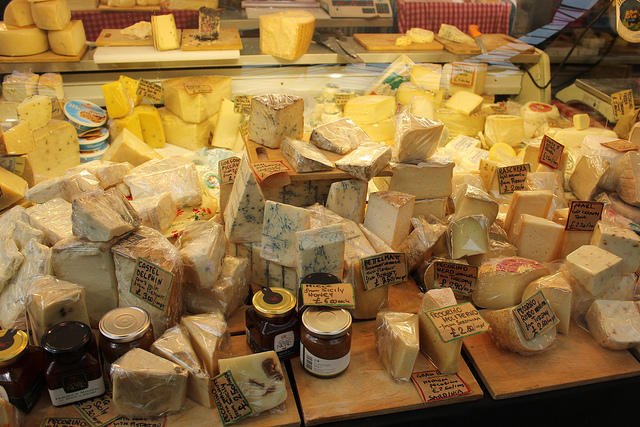
Photo by Hannah Kilot
Whatever laws about pasteurization and whatnot are in the United States should be abolished to make way for whatever the French do to their cheese. They don’t kid around when it comes to cheese. Each dinner with my host family concludes with a cheese course, with options ranging from chèvre, to brie, to camembert, and to so many other kinds I have never heard of but try relentlessly, spread upon a crunchy baguette and accompanied by either jam or a glass of wine.
5. Speaking of bread…
It’s a rare day in Paris when I don’t have a meal without some form of bread, whether it’s my baguette for breakfast, a sandwich for lunch or some sort of pastry in the late afternoon. The boulangeries here have your stereotypical pain au chocolats, croissants and baguettes, but there’s also an enormous selection of other types of breads and viennoiseries that can be even better than your typical croissant.
6. The coffee is just so much better here.

Photo by McKenzie Maxson
I don’t even really like coffee. Yet here it tastes absolutely divine.
7. You can sit for as long as you want at restaurants.
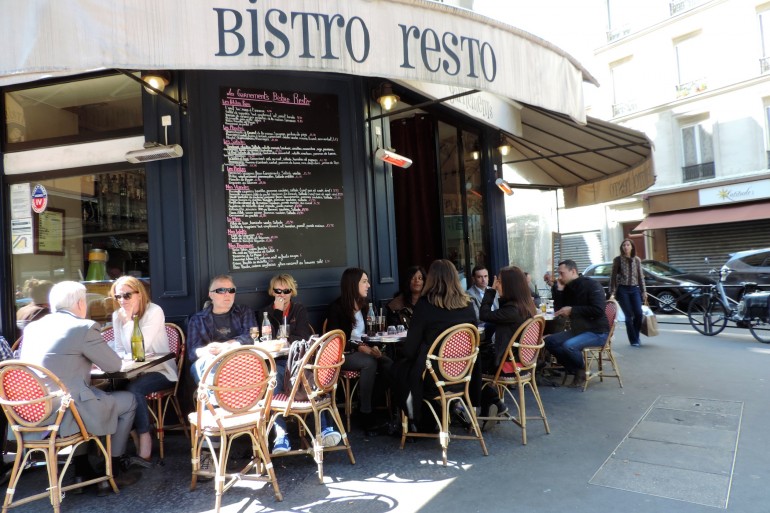
Photo by Carly Krasnoff
That is until closing, of course. But waiters won’t shuttle you out like they do in the States, allowing you to enjoy your meal without feeling pressured to rush through the dining experience. The check won’t come unless you ask for it, fueling that relaxed attitude. Also tipping isn’t required. Major plus.
8. The French do eat some, let’s say… “eclectic” food.
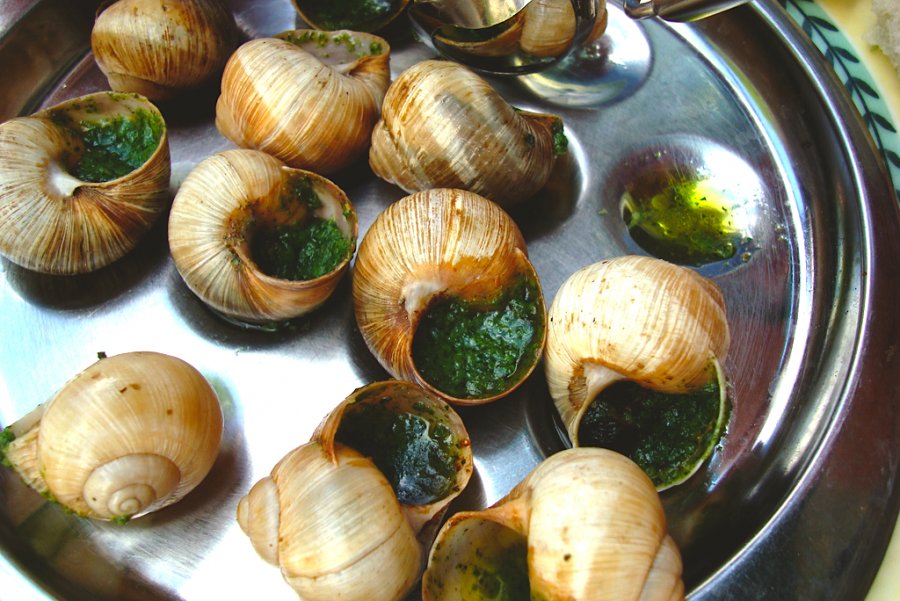
Photo courtesy of foodrepublic.com
Not every French person likes escargot or frog’s legs. Or blood sausage. Or cockscomb. It’s not something that’s eaten at home every evening for dinner, but there are some who sure do love it.
9. The stereotypes the French have of American food are embarrassingly just what you’d expect.
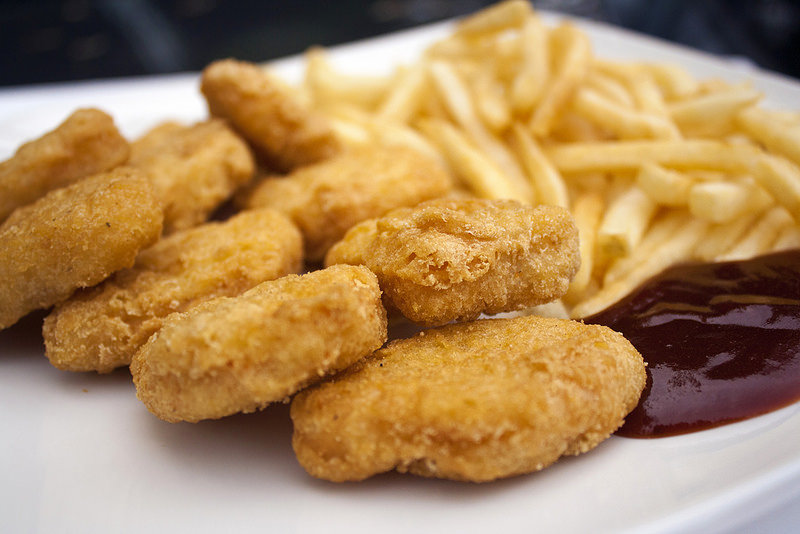
Photo by Inness Chang
My host mother explained that when she thinks of American food, she thinks of Coke, ketchup and McDonald’s. She even asked if I ate vegetables at home (cue face palm).
10. Everyone eats so quickly.
During my dinners with my host family, one cannot move onto the next course until every person has completed his or her dish. For the first few meals I ate on the slower side, not wanting to shove food in my face and be impolite. Yet they’d be completely finished and I’d still have more than half of my dinner on my plate. “Pauvre, Amy,” they say, remarking on how slowly I eat in comparison to their rapid inhalation.
Furthermore, if you don’t eat everything on your plate, you’re basically offending the host or whomever has cooked your meal; it’s a sign that you didn’t enjoy it. Plus, the French aren’t about wasting food.
11. They are extraordinarily particular about dining.
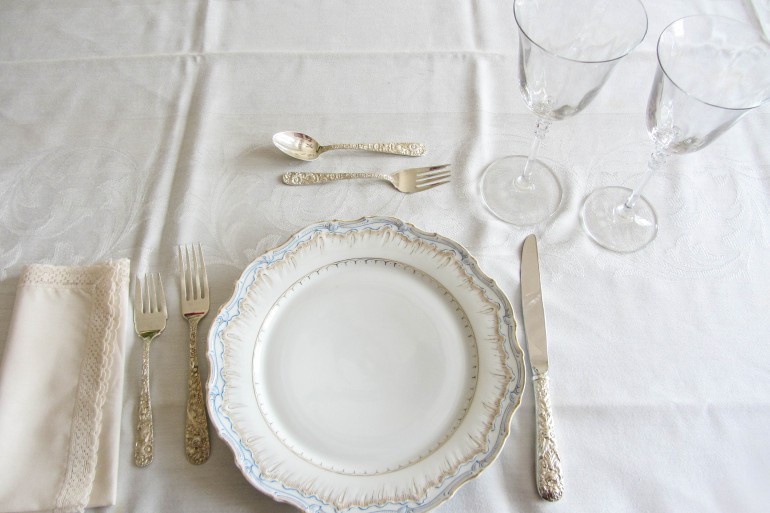
Photo by Elizabeth Layman
There’s a particular spot for every food item, piece of silverware and glass, and they all revolve depending on what point you’re at in the meal. For example, while eating your cheese course you cannot put your baguette on your plate, but instead its location on the table is above and to the left of the plate.
Where your silverware is on the table signals whether or not you are still eating. Placing your knife and fork face down on the plate cues the rest of the table that you are finished.
12. Bad food does exist in Paris.
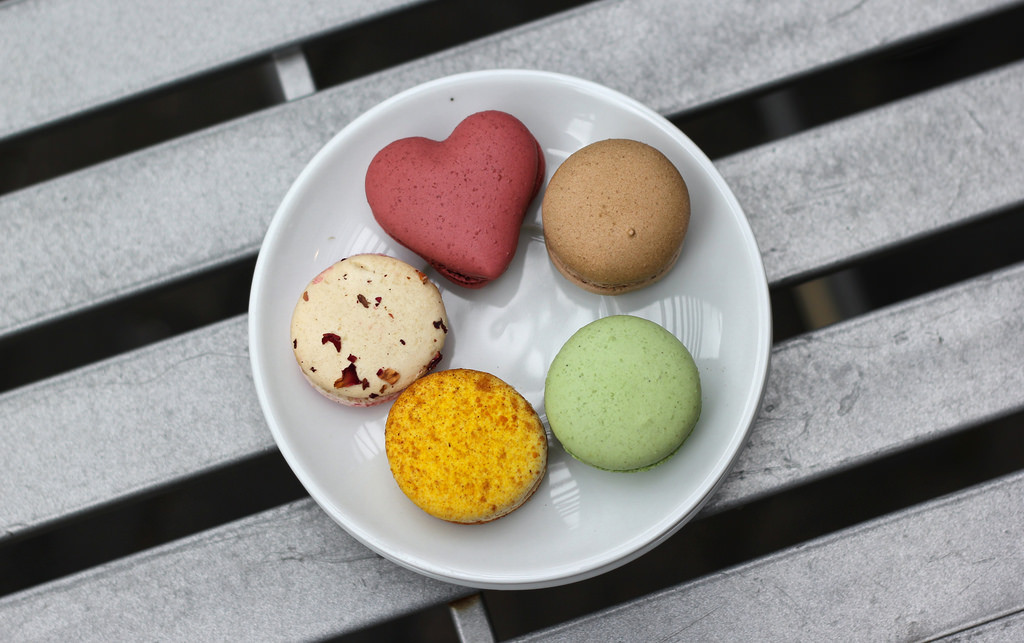
Photo by Gabby Phi
Shocking, I know. Just like in any other gastronomic city, you can get bad food. The touristy neighborhoods trap unsuspecting diners at restaurants with sub-par food for an expensive price, especially the typical cafés on every corner that are only really worth getting coffee or a drink at with friends–the food is overpriced and unexceptional.
The boulangeries and pâtisseries range in levels of tastiness, making it difficult to differentiate between the boulangerie on that corner and the one across the street. As long as you do your research beforehand, you won’t be subjected to bad food.
13. Overall, French food is incroyable.
I’ve been quite the happy camper.
There’s some international Spooning going on here:


